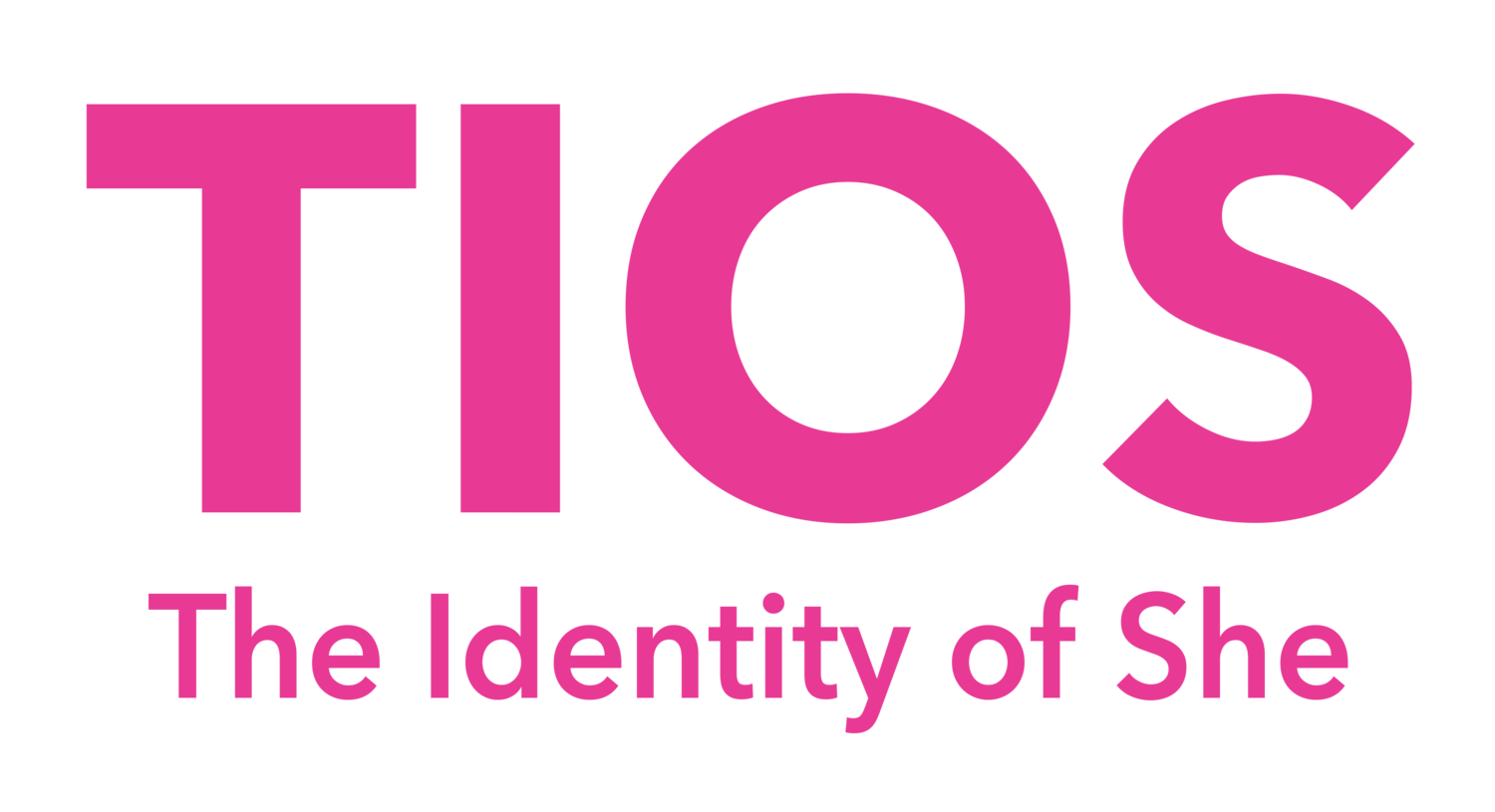The Invisible Woman: Sexual Liberation in the Face of Shifting Identities
By: Kelly Crotty
I was 11 when I came clean to my parents about my attraction to girls. It was the summer before seventh grade and I was in a death spiral of anxiety
I had pressing questions. Namely, was I going to hell?
I grew up Catholic, I attended a Catholic school, all my friends were Catholic, we went to Mass twice a week, every Tuesday and Sunday. I was preparing for Confirmation, therefore, completing my initiation into the church.
Clearly, I had a strong stake in this whole heaven and hell thing.
I can't pinpoint a time when I heard the outright condemnation of “homosexuals”, but I had my suspicions that it was going to be a problem.
Years prior my next door neighbor and closest friend Cynthia and I spent our summer attempting to keep our friendship alive through a wooden privacy fence that went up after Cynthia's mom started dating a neighborhood woman.
Still, “coming out” wasn't part of my vernacular. I just needed answers.
My parents were in the basement doing laundry. As I descended the stairs the air grew damp and cool. I looked over the railing, they were standing in front of the matching white Whirlpool washer and dryer, turning as they heard my feet on the stairs.
I ran to them crying and they were comforting. I told them I was afraid that I was going to hell and they assured me I wasn't. They told me it was “just a phase and it would pass.”
“It's just a phase” was the standard line given to most of us. So much so that it's now a coming-out trope.
My whole world was black and white and I wanted my sexuality to be the same. I was either going to be straight or gay. Back then, I thought I had a choice in the matter.
Coming-out wasn't a linear process because I was desperately dancing around complexities I couldn't deal with. I wasn't ready for the double dose of discrimination and invisibility. Biphobia is the LGBTQ community's dirty little secret and for most straight folks it's just dirty.
For me and perhaps you too, sexual liberation is being comfortable with your sexual identity and comfortable voicing what your sexual needs and preferences are, without shame.
I'm queer. I'm attracted to her and him and them. Regardless of the gender of the other person, no relationship with me could ever be considered straight.
Yet I struggle because my sexuality will never be as cut and dry as the world would like it to be. I'm not gay enough, I'm not straight enough. It's a no-person's land where visibility waxes and wanes.
How I'm interpreted often depends on who I'm with. My visibility is completely contextual. Yet my sexual identity remains the same. Knowing this to be true is my sexual liberation.
And as much as passing is a privilege it doesn't negate the burden of invisibility.
When I'm dating a woman, especially since I tend to prefer masculine women my visibility as queer is largely dependent on their presence because I'm femme.
In my relationship with trans men in public, we mostly pass.
Now that I'm engaged to a straight cis-male and work in a corporate job surrounded by far-right religious conservatives I feel more invisible than ever.
I may be passing, but I'm certainly not hiding.
Last week, my co-worker stopped by my office. She had seen a picture of me online, kissing a woman. "I would have never known," she said and then paused, lifted her eyes to meet mine and whispered, "you're really good at hiding."
I replied smiling “I'm not hiding you're simply assuming."

